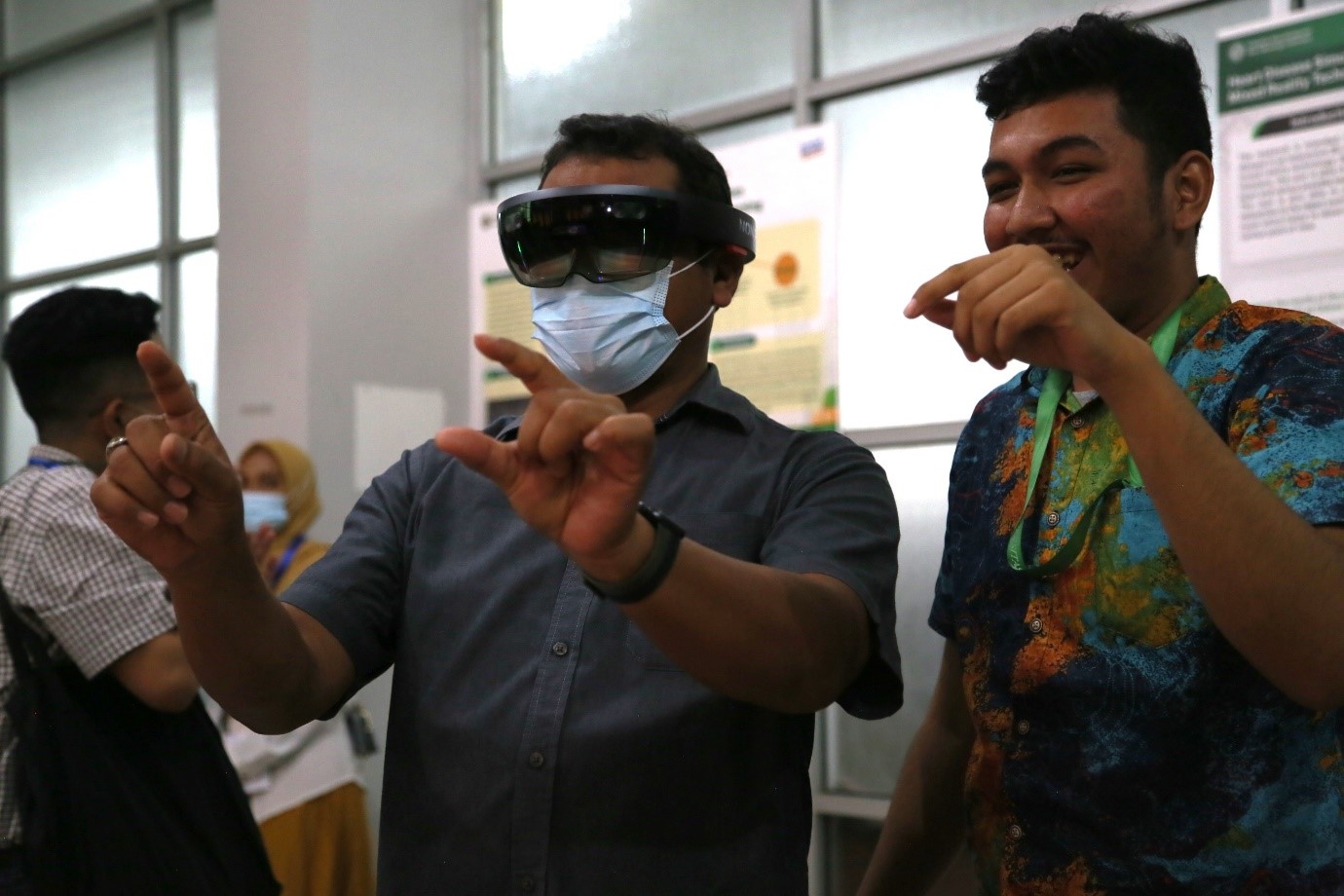Data Science and Artificial Intelligence
Master's ProgramAs an advanced study program following the Bachelor's in Computer Science & Information Technology, which serves as a specialization field, the Data Science and Artificial Intelligence Master's Program focuses on equipping our students with a general proficiency in two specific disciplines: data science and artificial intelligence. Data science combines expertise in a particular field with programming, mathematics, and statistics skills to extract knowledge and information from data.






